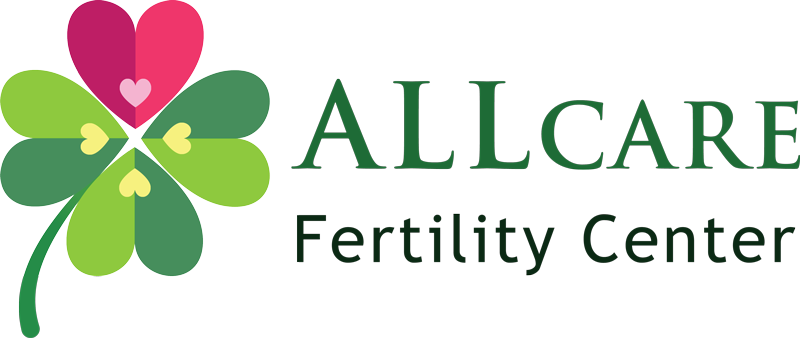If a couple does not find success with certain fertility treatments like in vitro fertilization (IVF), they may consider using donor eggs. Egg donation is a process in which a woman donates her eggs to enable an infertile woman to conceive as part of an assisted reproduction treatment (ART).
Assisted reproductive technology includes treatments used to address problems with both a woman’s egg and a male’s sperm. ART procedures may involve the use of donor eggs, donor sperm, or embryos that were previously frozen. In some cases, the treatment may require a gestational carrier or surrogate. The most common side effect of ART is a multiple pregnancy. This risk can be minimized by limiting the number of embryos that are put inside the woman’s body.
Best Candidates for Donor Eggs
The quality of a woman’s eggs can have a direct impact on her ability to conceive naturally. Age is a major factor that affects egg quality. Female fertility typically peaks around age 25. By age 35, many women have drastically decreased egg quality. There is currently no therapy or medication that can turn poor-quality eggs into good-quality eggs. Therefore, donor eggs may be recommended as a treatment for decreased ovarian reserve.
You may be a good candidate for donor eggs if you have been diagnosed with any of the following conditions:
- Diminished Ovarian Reserve: Diminished ovarian reserve (DOR) can cause infertility as a woman’s ovaries lose their reproductive potential. DOR can occur due to normal aging or as a result of an injury or disease. Most women with this condition do not exhibit any other signs or symptoms, often due to age as fertility starts to plummet after age 42 or 44.
- Premature Ovarian Failure: Premature ovarian failure is a condition characterized by the loss of normal ovary function before age 40. When the ovaries fail, they no longer produce normal amounts of estrogen and do not release eggs regularly. Many women with premature ovarian failure often experience irregular or occasional periods for many years.
- Genetically Transmitted Diseases: There are a number of types of genetic disease, including chromosomal abnormalities, multifactorial problems, single gene defects, and teratogenic problems. The way that a disorder is inherited can help determine its risks on pregnancies and how it will affect future children. The risk of a genetic abnormality may be increased when there is a family history of the genetic disorder, when the parents have another child with the genetic disorder, or when one parent has a chromosomal abnormality.
- History of IVF Failure: If you have had a history of IVF failures, especially if your doctor believes that your eggs may be contributing to your infertility, he or she may recommend the use of donor eggs.
The use of donor eggs has become more and more common, especially in women over age 40. In 2015, donor eggs or embryos were used in 21,182 assisted reproductive techniques. Among women over age 48, approximately 90 percent of all ART cycles used donor eggs. Research has also shown that women who use fresh, not frozen, embryos have a 43.4 percent chance of becoming pregnant in each ART cycle.
